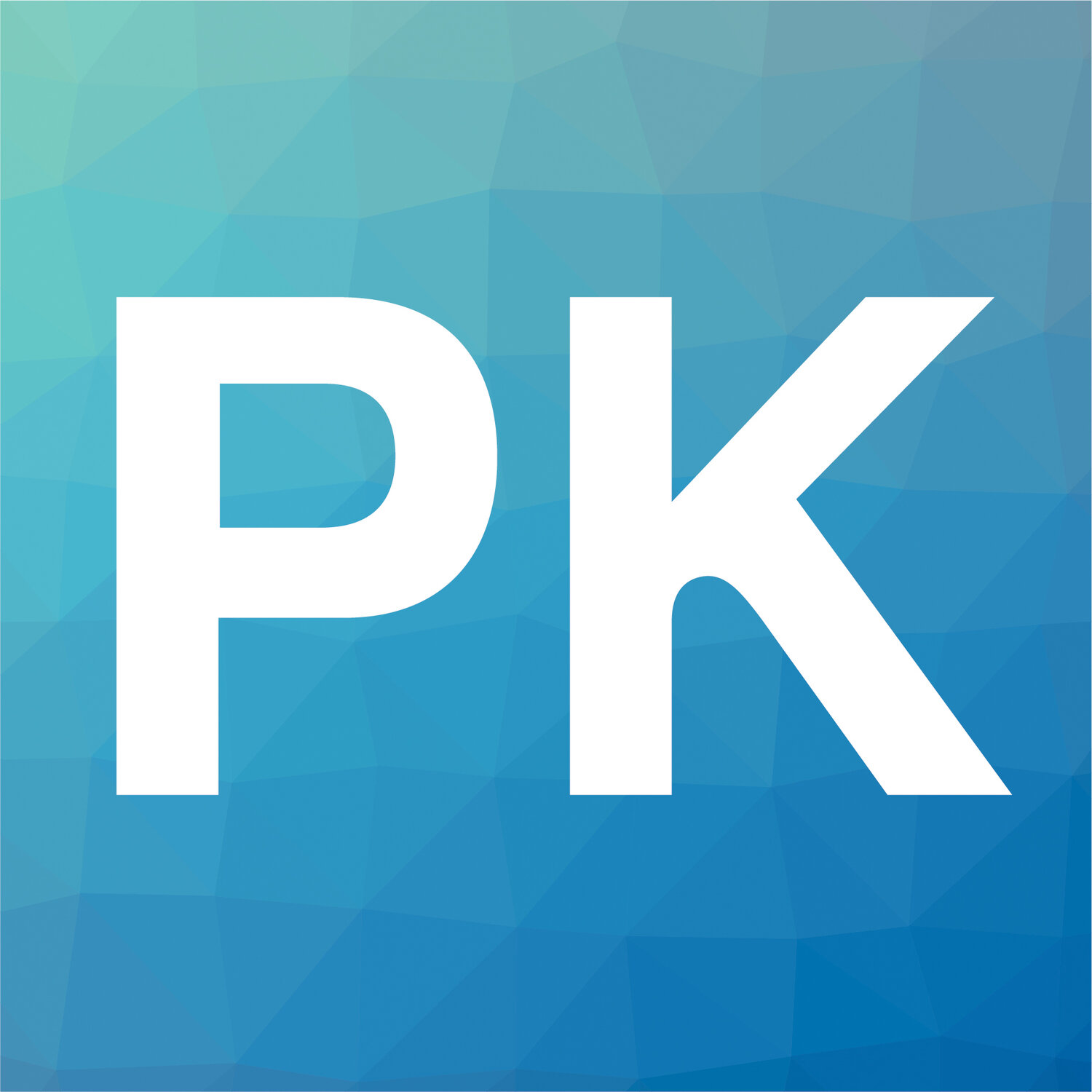Have you ever worked so long and hard on a database update that upon completion, all you want to do is push it live? You might be proud of your hard work and excited to see it help users in their work. Or, you might be exhausted from the project and just want it to go away (we’ve all been there). Most likely, it’s a mixture of both.
No matter how you feel at the end of a development phase or sprint, you do need to hold off on deploying until you’ve had the opportunity to provide a thorough quality assurance assessment of the work. Why? There are four key benefits to having a quality assurance process pre-deployment.
(1) Quality assurance allows you to fix small problems before they become big problems.
“I’ll fix it in prod.”
Sure, you can do that—if you remember before it accidentally balloons into something larger because you were distracted by adorable cat videos on TikTok—but there will almost always be more constraints in doing so, making it harder and longer to correct.
Perform quality assurance checks in development so you don’t accidentally deploy a bug that will cripple the system and cause your clients to lose money. Perform quality assurance checks in development so you aren’t overwhelmed with support tickets for the same problem that prevents you from actually addressing the situation. Perform quality assurance checks in development so you don’t have to spend your evening or weekend fixing the database when you’d rather be watching adorable cat videos on TikTok.
(2) Quality assurance ensures you’re building what the users need.
Our developers operate as client owners, allowing them to have a deep understanding of an organization’s needs and database’s structure (as compared to assigning whichever developer is free at the moment to work on a project without context). Because of this, our development process naturally includes a research methodology similar to what Erika Hall details in her book, Just Enough Research.
Nonetheless (depending on the scale and use case of a release), our quality assurance testing includes power users on the client side checking updates along with our own employees. They’re the ones who ultimately will depend on the software (and as power users, generally more so than others at their company); they provide valuable feedback about workflows and processes to ensure we’re headed in the right direction. If we’ve misunderstood a feature request, we want to know sooner rather than later so it can be fixed ASAP. After all, as we’ve already said, we don’t like to fix a problem in production.
(3) Quality assurance builds trust with your customers.
When an update is deployed for customer use, our clients have confidence that the software will operate the way they need it—without needing to change their effective processes or workflows—and won’t have bugs that interfere with their productivity. This builds trust with your customers; they’ll be less likely to search for a different developer and instead continue to use your services, creating a better long-term relationship.
(4) Quality assurance creates advocates for your software.
Consumers that like their software suite because it does what they need how they need it to tend to become advocates for that software. No, they probably won’t get a bumper sticker proclaiming their love of your product. But when they have discussions with contacts at other businesses (or if an employee moves on to a new company for a new role), they’ll speak well of you and your databases when the topic of software comes up.
Quality assurance is a vital role of development because it helps prevent small problems from becoming large problems, ensures you’re building what the users need, and builds trust in as well as advocacy for your software. Whether you’re an individual developer or a full firm, it is vital to the FileMaker community.
PK Information is a FileMaker-certified development agency serving the Tampa Bay, Miami Lakes, and Knoxville regions. We believe software should work the way you do, with business priorities first and technology second.
LEARN MORE
Would you like to learn more about quality assurance for FileMaker deployments? We’d love to discuss the possibilities with you!

